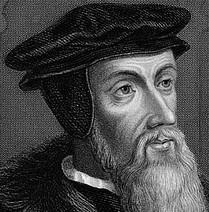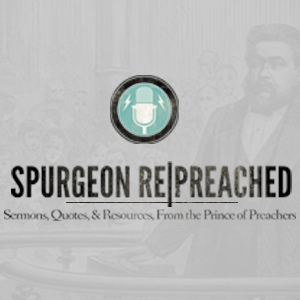
1851-1921. Reformed Theologian in America and Principle of Princeton Seminary in the line of Charles Hodge.
Our self-abnegation is thus not for our own sake, but for the sake of others. And thus it is not to mere self-denial that Christ calls us, but specifically to self-sacrifice: not to unselfing ourselves, but to unselfishing ourselves. Self-denial for its own sake is in its very nature ascetic, monkish. It concentrates our whole attention on self—self-knowledge, self-control—and can therefore eventuate in nothing other than the very apotheosis of selfishness. At best it succeeds only in subjecting the outer self to the inner self, or the lower self to the higher self; and only the more surely falls into the slough of self-seeking, that it partially conceals the selfishness of its goal by refining its ideal of self and excluding its grosser and more outward elements. Self-denial, then, drives to the cloister; narrows and contracts the soul; murders within us all innocent desires, dries up all the springs of sympathy, and nurses and coddles our self-importance until we grow so great in our own esteem as to be careless of the trials and sufferings, the joys and aspirations, the strivings and failures and successes of our fellow-men. Self-denial, thus understood, will make us cold, hard, unsympathetic,—proud, arrogant, self-esteeming,—fanatical, overbearing, cruel. It may make monks and Stoics,—it cannot make Christians.
It is not to this that Christ’s example calls us. He did not cultivate self, even His divine self: He took no account of self. He was not led by His divine impulse out of the world, driven back into the recesses of His own soul to brood morbidly over His own needs, until to gain His own seemed worth all sacrifice to Him. He was led by His love for others into the world, to forget Himself in the needs of others, to sacrifice self once for all upon the altar of sympathy. Self-sacrifice brought Christ into the world. And self-sacrifice will lead us, His followers, not away from but into the midst of men. Wherever men suffer, there will we be to comfort. Wherever men strive, there will we be to help. Wherever men fail, there will be we to uplift. Wherever men succeed, there will we be to rejoice. Self-sacrifice means not indifference to our times and our fellows: it means absorption in them. It means forgetfulness of self in others. It means entering into every man’s hopes and fears, longings and despairs: it means manysidedness of spirit, multiform activity, multiplicity of sympathies. It means richness of development. It means not that we should live one life, but a thousand lives,—binding ourselves to a thousand souls by the filaments of so loving a sympathy that their lives become ours. It means that all the experiences of men shall smite our souls and shall beat and batter these stubborn hearts of ours into fitness for their heavenly home. It is, after all, then, the path to the highest possible development, by which alone we can be made truly men. Not that we shall undertake it with this end in view. This were to dry up its springs at their source. We cannot be self-consciously self-forgetful, selfishly unselfish. Only, when we humbly walk this path, seeking truly in it not our own things but those of others, we shall find the promise true, that he who loses his life shall find it. Only, when, like Christ, and in loving obedience to His call and example, we take no account of ourselves, but freely give ourselves to others, we shall find, each in his measure, the saying true of himself also: “Wherefore also God hath highly exalted him.” The path of self-sacrifice is the path to glory.
~B.B. Warfield~
“Imitating the Incarnation,” The Person and Work of Christ, (Phillipsburg, NJ: Presbyterian & Reformed Books, 2950), 574.
Books by B.B. Warfield
The Works of B.B. Warfield on Logos Bible Software
More Warfield Quotes at The Old Guys
Tags: B.B. Warfield, the person and work of christ, The Works of B.B. Warfield

















